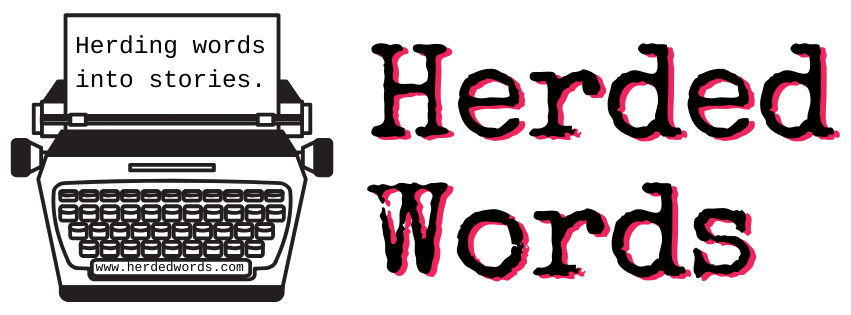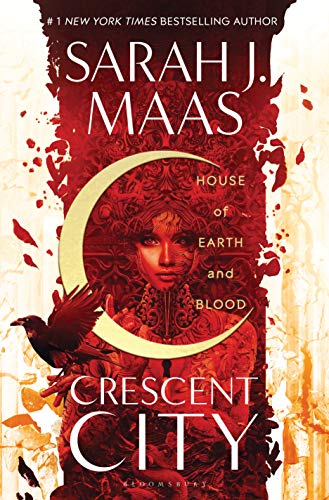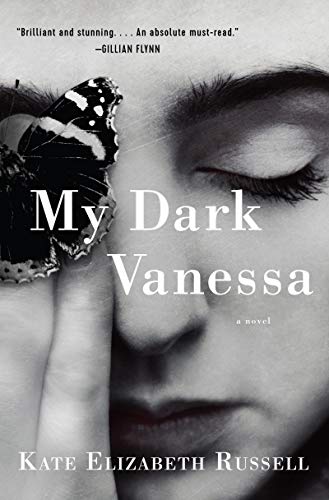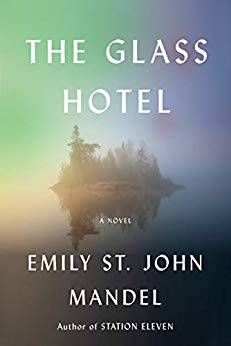
Herdedwords.com uses affiliate links. This means we receive a commission on the sale of certain items. This is at NO additional cost to you. Visit the policies page to learn more.
There’s a lot of writing advice out there. Some of it is great. Some of it is good. Some is okay. Some writing advice is outright awful.
Today, I’m going to look at 9 common pieces of writing advice that suck with a fix for each one.
Table of Contents
#1) Show Don’t Tell
This is one of the most common pieces of writing advice around. But it’s incomplete.
A novel cannot be all show and no tell. Imagine how long it would be if you had to show every single action. It would also be boring – not every detail needs to be shown.
A novel cannot be all tell and no show. Imagine how boring it would be if you were just told everything like a report. It wouldn’t be a very good story – not every detail can be told.
You need both in your novel, showing and telling.
Fixed Advice: Show and Tell
Learn more about how to show AND tell in your novel.
#2) Writer’s block isn’t real (or you’re lazy)
Writer’s block is just a label that’s used when you’re struggling with your writing. Maybe you don’t know what to write next, you think your current project sucks, or you’re struggling with how to describe something, or any other writing struggle.
Writing involves a lot of self-discipline, creativity, and imagination. It’s perfectly normal that sometimes you’ll struggle with one (or all) of those things. This is writer’s block.
It’s real and it’s not because you’re lazy. What you choose to do about writer’s block might make you lazy (hint: if you do nothing). Using writer’s block as an excuse to do nothing is lazy.
But if you’re looking for strategies to use to overcome writer’s block and then using those strategies? You’re not being lazy. You’re trying to fix the problem.
Fixed Advice: Writer’s block is an obstacle to overcome.
Learn about how to banish writer’s block for good!

#3) All main characters need a story arc.
No. Your story must have an arc. Your characters need to work with that arc, but they don’t need their own arcs. Don’t spend endless hours making individual arcs for main characters.
Fixed Advice: Your main characters must act in a way that works with the story arc.
#4) Write chronologically – from beginning to end.
This sounds logical, but it’s incorrect. Your finished product is likely going to happen from beginning to end, but that doesn’t mean you have to write it in that order.
You should write the parts you know. You can fill in the blanks as you need to. If you know what’s going to happen at the end, there’s no reason NOT to write that scene first. If you’re writing and you get to the 25% mark and you have no idea what’s going to happen, it’s totally okay to skip ahead to a part you do know.
Fixed Advice: Write in whatever order keeps you writing.

#5) Write what you know.
What? How is this even advice. People often ask, “Where would fantasy and science fiction be if people only wrote what they knew?” But writing what you know applies to all the genres.
You probably don’t know enough to write a full-length fiction novel that’s interesting to readers. How do you make up the difference? Research. Whatever you’re writing about, research is going to be the key to believablility – not the amount of knowledge you had when you got the idea but the amount you knew when you finished writing it.
Fixed Advice: Write what you know and learn what you don’t.
#6) Don’t use adverbs.
What is an adverb? An adverb is a modifying word.
Adverbs can modify (or qualify) adjectives, verbs, other adverbs, word groups, expressions of place, time, circumstance, manner, cause, degree, and much more.
Examples of adverbs: gently, quite, then, there, here, north, daily, today, thus, and more!
Why does some advice say not to use adverbs? Well, they seem to think that adverbs make your writing too “wordy.” Or they claim that adverbs are lazy because there are better ways to convey the information.
And while there is some truth to those statements, as a blanket of “don’t use adverbs,” it’s terrible advice.
Fixed Advice: Choose your adverbs carefully.
Check out this guide to grammar for writers to learn more about adverbs and other grammar advice.

#7) Write every day.
This advice is centered around the idea of having a regular writing practice. You’re more likely to stick with things that are consistent in your life.
However, it’s unrealistic for a lot of writers. Many aspiring authors hold full-time jobs, commute, have children, and other obligations. Even aspiring authors with few obligations is going to find that some days they just don’t have the time to write.
Instead of giving a blanket, “write every day” prescription, it’s better to set a regular writing schedule. Can you regularly write 5 days a week? Great! Write 5 days a week. Are you going to do 3 long writing sessions a week? Okay!
Fixed Advice: write consistently.
#8) Don’t worry, everything has already been written.
This isn’t technically bad advice but I think a lot of people use it as a crutch.
It’s not meant to prevent you from being creative or trying to be original. It’s not meant to stop you from being inspired. It’s not meant to encourage you to copy or steal.
It’s meant to encourage you to use your voice, your ideas, your opinions, etc whenever you write. No matter what’s inspired you, you can put your spin on it and make it new and fresh.
Fixed Advice: Even though everything has already been written, your voice and ideas will be unique.
Learn about where to find creative writing ideas and inspiration.
#9) Never / Always do ____.
In the end, there are no rules for writing.
There are things that are commonly done (or not done). There are things that are preferred (or disliked).
But there are no absolute rules.
The best writing advice is going to be actionable suggestions and strategies.
Be wary of any advice that says “NEVER” or “ALWAYS” or states that it’s that only acceptable method.
Fixed Advice: Try this strategy / Be careful with ___.
From Bad Advice to Good Advice

What are the most common pieces of writing advice you see? Are they good, bad, or somewhere in between? Let me know in the comments!
Don’t forget –
We’re all in the same boat – just trying to write better stories.
If you like this post, please follow me. Thanks!
Related Posts
Exciting New Books (Mar 2020)
Check out these three books, set to be released in March 2020. I can't wait to get my hands on all of them (although when I'll actually read them is another story).





 Bryce Quinlan had the perfect life-working hard all day and partying all night-until a demon murdered her closest friends, leaving her bereft, wounded, and alone. When the accused is behind bars but the crimes start up again, Bryce finds herself at the heart of the investigation. She'll do whatever it takes to avenge their deaths.
Bryce Quinlan had the perfect life-working hard all day and partying all night-until a demon murdered her closest friends, leaving her bereft, wounded, and alone. When the accused is behind bars but the crimes start up again, Bryce finds herself at the heart of the investigation. She'll do whatever it takes to avenge their deaths. 2000. Bright, ambitious, and yearning for adulthood, fifteen-year-old Vanessa Wye becomes entangled in an affair with Jacob Strane, her magnetic and guileful forty-two-year-old English teacher.
2000. Bright, ambitious, and yearning for adulthood, fifteen-year-old Vanessa Wye becomes entangled in an affair with Jacob Strane, her magnetic and guileful forty-two-year-old English teacher. Vincent is a bartender at the Hotel Caiette, a five-star lodging on the northernmost tip of Vancouver Island. On the night she meets Jonathan Alkaitis, a hooded figure scrawls a message on the lobby's glass wall: "Why don't you swallow broken glass." High above Manhattan, a greater crime is committed: Alkaitis is running an international Ponzi scheme, moving imaginary sums of money through clients' accounts. When the financial empire collapses, it obliterates countless fortunes and devastates lives. Vincent, who had been posing as Jonathan's wife, walks away into the night. Years later, a victim of the fraud is hired to investigate a strange occurrence: a woman has seemingly vanished from the deck of a container ship between ports of call.
Vincent is a bartender at the Hotel Caiette, a five-star lodging on the northernmost tip of Vancouver Island. On the night she meets Jonathan Alkaitis, a hooded figure scrawls a message on the lobby's glass wall: "Why don't you swallow broken glass." High above Manhattan, a greater crime is committed: Alkaitis is running an international Ponzi scheme, moving imaginary sums of money through clients' accounts. When the financial empire collapses, it obliterates countless fortunes and devastates lives. Vincent, who had been posing as Jonathan's wife, walks away into the night. Years later, a victim of the fraud is hired to investigate a strange occurrence: a woman has seemingly vanished from the deck of a container ship between ports of call.




